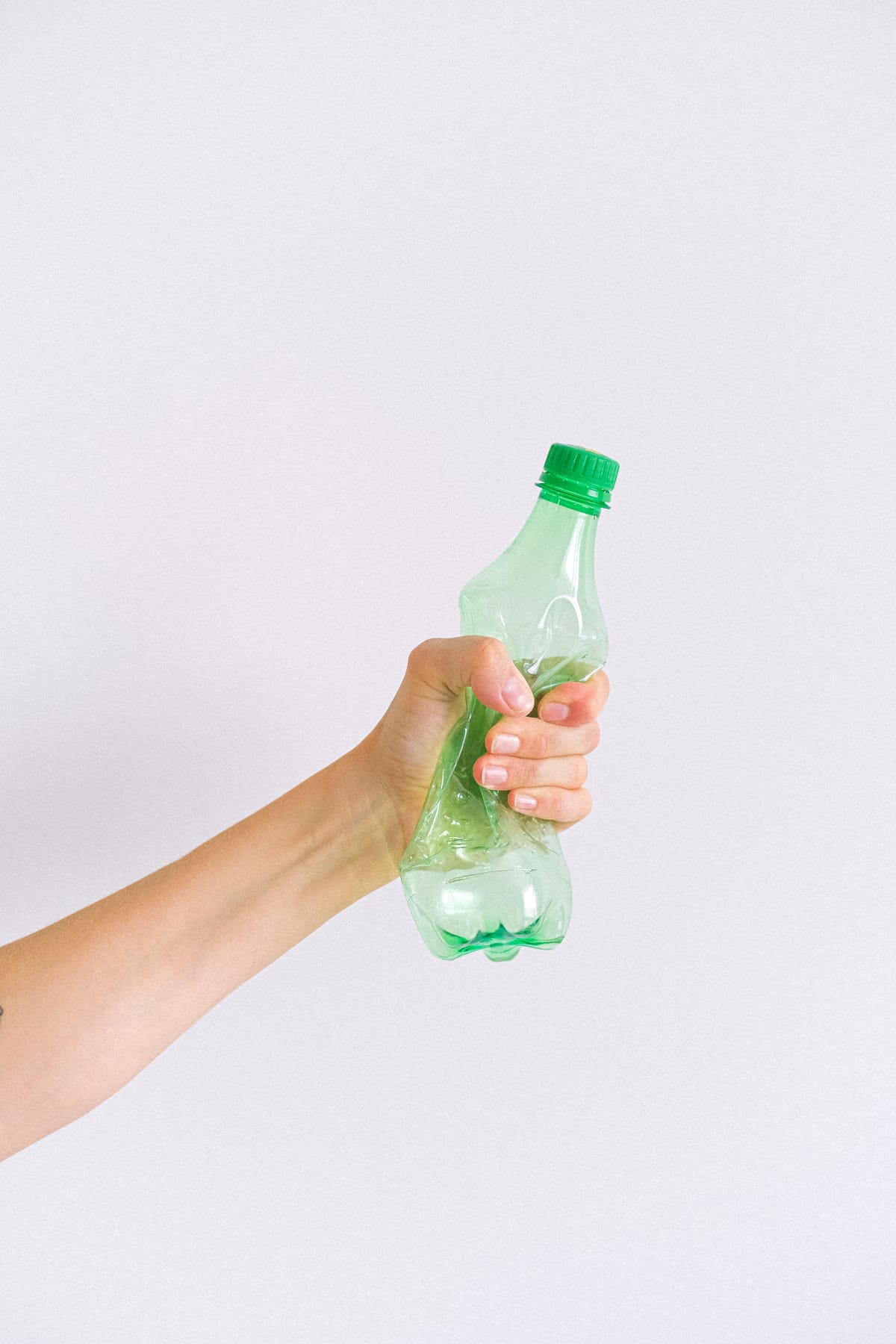Endocrine Disruptors

What is the endocrine system? Your endocrine system is composed of the hypothalamus, pineal gland, pituitary gland, parathyroid glands, thymus, adrenal glands, pancreas, testes (in men), and ovaries (in women). Your endocrine system controls nearly all the processes your our body including: metabolism, growth and development, emotions, mood, fertility, sleep, blood pressure.
There are chemicals that are natural and man-made that can mimic or interfere with your body's hormones which are known as endocrine disruptors. These chemicals can cause developmental, reproductive, brain, immune problems, ect. Endocrine disruptors are found in plastics, liners of metal food cans, flame retardants, foods, toys, cosmetics, pesticides. Even low level exposure of endocrine disruptors may be unsafe. Our endocrine system functions on small changes to hormone levels so if these cause a small change in our body, massive things can happen. Low levels of endocrine disrupting chemicals have been shown to be potent at low levels.
Bisphenol A (BPA)- plastics
Oxybenzone- sunscreen, fragrance (used as a stabilizer);
Dioxins- paper bleaching, byproduct of herbicide production
Perchlorate- by product of aerospace, weapon, and pharmaceutical industries found in drinking water and fireworks
Perfluoroalkyl and Polyfluoroalkyl Substances (PFAS)- used in industrial applications, such as firefighting foams, non-stick cookware, textile coatings, cosmetics, some food packaging materials, some menstrual cycle products
Phthalates- used to make plastic more flexible, some packaging, cosmetics, children's toys, medical devices, fragrance
Phytoestrogens- naturally occuring substances in plants that mimic hormone-like activity (soy)
Polybrominated diphenyl ethers (PBDE)- used to make flame retardants, furniture foam, carpets
Polychlorinated biphenyls (PCB)- used to make electrical equipment like transformers, and in hydraulic fluids, lubricants, plasticizers
Triclosan- can be found in some anti-microbial and personal care products (liquid body wash, hand sanitizer, soap)
Parabens- (can mimic estrogen and lead to abnormal breast growth and increase risk for breast cancer) (used for antimicrobial properties to prevent the growth of molds, bacterial and yeasts)- cosmetics, personal care items (lotions, sunscreen, antiperspirants, make up, hair products) (propylparaben (or propyl 4-hydroxylbenzoate), butylparaben (or butyl 4-hydroxylbenzoate), ethylparaben (or ethyl 4-hydroxylbenzoate) heptylparaben (or heptyl 4-hydroxylbenzoate), methylparaben (or methyl 4-hydroxybenzoate)).
Pesticides- can lead to poor sperm quality and reduced male fertility, high levels of certain pesticides have been found in the fat tissue of women with breast cancer, associated with a higher risk for prostate cancer
Tips to decrease endocrine disruptor exposure: find glass and stainless steel alternatives, ditch harsh cleaning products (keep it simple-baking soda, vinegar), cook at home, buy organic when possible (peel fruits and veggies that are not organic) (organic foods have a lower amount of pesticides and organic farmers sometimes use more natural alternatives to control pests), buy products with recognizable ingredients, repurpose items you have on hand instead of buying new ones, buy used clothing, filter tap water, use cast iron or stainless steel pots and pans.
Swig Cup- Stainless Steel https://amzn.to/3ZETjpp
Cast Iron Skillets https://amzn.to/3yv8KVq https://amzn.to/3ZE46QU
Glass Baking Dish https://amzn.to/3F8MVyT https://amzn.to/3l3LCdM
Stainless Steel Mixing Bowls https://amzn.to/3yuTiIW
Stainless Steel Pots and Pans https://amzn.to/3mJNmJn https://amzn.to/3ypxTRA